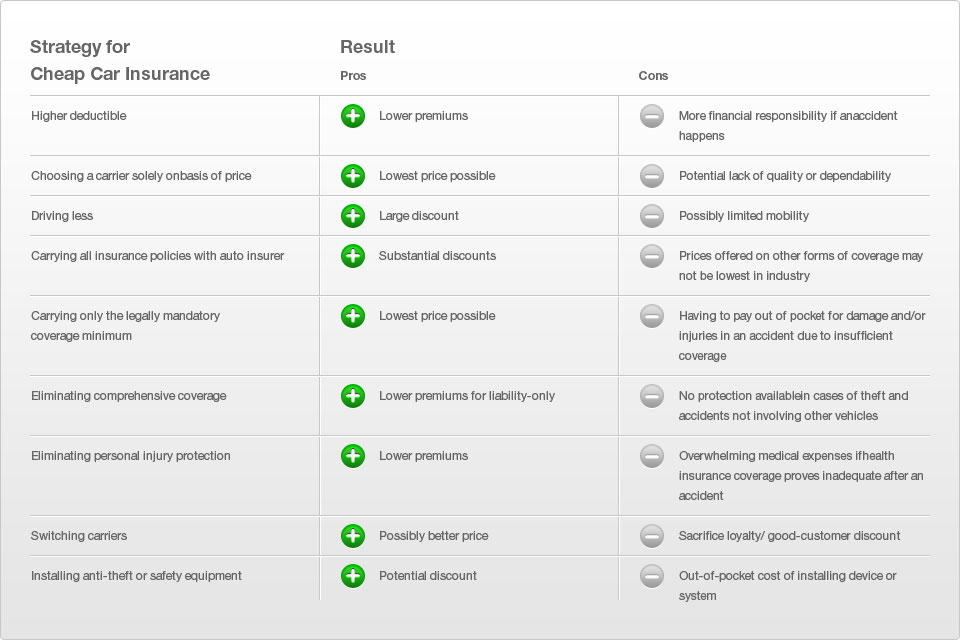Navigating the landscape of car insurance can often feel intimidating, due to a myriad of options and terminology that can leave many feeling quite lost. Selecting a suitable auto insurance policy is more than about satisfying legal requirements; it’s about protecting yourself, your vehicle, and your financial future. With countless providers vying for attention, understanding the intricacies of coverage options, premiums, and claims can make all the difference in obtaining a policy that truly matches your needs.
Car insurance is crucial for every driver, offering a safety net against unexpected events that can occur on the road. From accidents to theft or natural disasters, having the right coverage can alleviate financial stress and ensure peace of mind. As we take a closer look into the components of car insurance, we will unravel the complex language and help you make informed decisions that suit your individual circumstances.
Grasping Vehicle Insurance Fundamentals

Vehicle insurance is a vital financial solution that protects vehicle owners from possible financial setbacks resulting from collisions, larceny, or destruction. It delivers coverage for multiple incidents, empowering motorists to feel more confident on the road. Picking the right vehicle coverage can be confusing due to the numerous options available and the specific conditions that vary from one contract to the next.
In general, auto coverage policies comprise multiple key elements, including liability coverage, crash coverage, and full coverage. Liability coverage assists finance for losses or injuries you may cause to others in an event. Collision coverage shields your own automobile in situations of accidents, while comprehensive coverage covers non-collision incidents such as larceny or natural disasters. Comprehending cheap car insurance near dallas, tx is important for selecting a plan that suits your requirements and financial situation.
In assessing the cost of auto coverage, several factors are taken into account, including the operator's age, road record, kind of car, and area. Insurers examine these factors to establish prices and select insurance choices. Being aware of what affects your insurance costs can assist you make informed choices to achieve the ideal equilibrium between insurance and cost-effectiveness.
Types of Auto Insurance Plans
Auto insurance policies can be generally categorized into various types, each created to provide different degrees of coverage based on individual needs. The most common type is liability coverage, which covers damages to third parties and their assets in the case of an accident where you are at fault. This is typically required by law and guarantees that drivers can compensate others for their harm and property damage.
Another important type of plan is collision coverage, which covers loss to your personal car resulting from a crash with a different car or thing, irrespective of fault. This is particularly valuable for newer or more expensive cars, as it assists with repair costs and protects your investment. Additionally, full coverage provides coverage for non-accident events, such as robbery, malicious damage, natural disasters, and animal strikes, ensuring a broader protection for vehicle owners.
Lastly, there are unique plans like underinsured motorist protection, which safeguards you in case of an incident with a driver who does not have insurance or has insufficient coverage. There is also personal injury coverage, which insures medical expenses and lost wages for you and your riders after an incident. Comprehending these different kinds of car insurance plans aids consumers make educated decisions tailored to their specific needs and financial situations.
Factors Determining Vehicle Insurance Premiums
Multiple aspects contribute in the assessment of vehicle coverage premiums. A primary major factors comes from the driver's personal information. Age, sex, marital status, as well as driving history each plays crucial roles. Less experienced drivers, particularly young men, tend to face elevated premiums because of perceived greater risk. Additionally, a clean driving record with few accidents and traffic violations can lead to decreased rates, while a pattern of claims can increase premiums substantially.
The kind of automobile insured further influences vehicle auto insurance premiums. Cars with better safety ratings and minimal theft rates usually attract lower rates. Conversely, cars that are high to repair as well as are prone to being stolen may cause increased insurance costs. Furthermore, the car's age as well as the availability of safety features, like automatic braking and anti-lock brakes, can additionally affect premium assessments.
Your area is an additional significant factor influencing car insurance costs. Areas with significant crime as well as dense traffic might lead to elevated premiums as a result of the greater likelihood of accidents as well as theft. Insurers might also evaluate local weather patterns, as regions prone to natural disasters could see elevated rates. Thus, understanding these diverse influencing factors can help drivers make informed decisions about their car insurance coverage.
